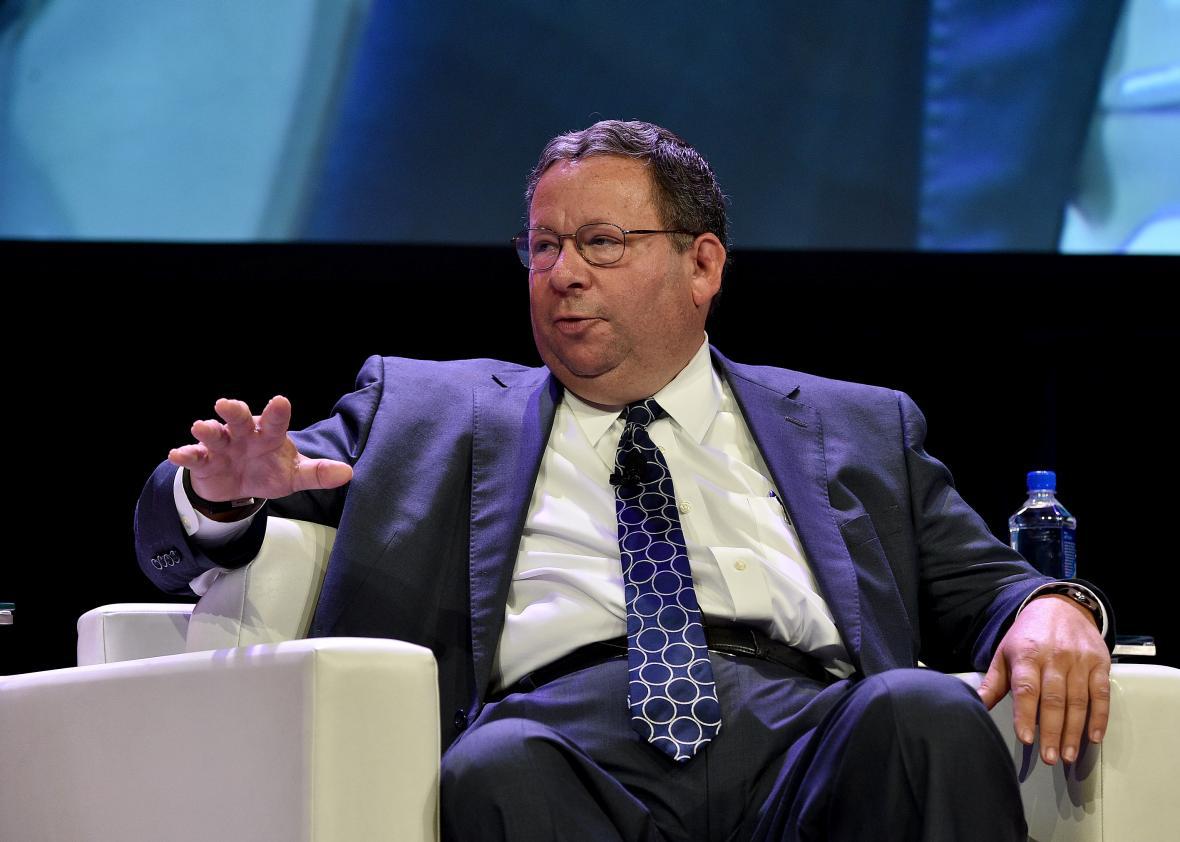Wednesday was a day of action for those supporting net neutrality. Many companies and sites displayed banners and pop-ups asking users to contact the Federal Communications Commission, which recently voted to repeal Obama-era rules to protect the open internet. The FCC is currently accepting public comment about the decision, which is why Wednesday’s protest was so important. Fight for the Future, the organizing group, reported that more than 125,000 websites, internet users, and organizations participated. People sent than 3 million emails to Congress about the importance of protecting net neutrality—the concept of a free and open internet that doesn’t prioritize certain traffic—under the auspices of Title II of the Communications Act of 1934. (There are a lot of wonky details in this battle. Helpfully, after the FCC vote in May, the Verge explained the technicalities.)
With all that momentum, it could hardly be expected that major ISPs would just sit back.
Comcast had the most dramatic response to the situation, saying supporters of net neutrality were creating hysteria, Ars Technica reported. In a blog post, Senior Executive Vice President David Cohen wrote, “The scare tactics being pursued by some groups that ISPs like Comcast will block or throttle lawful content are simply untrue.”
Verizon responded to the online protest with a blog post that said the fight for net neutrality has been “characterized primarily by slogans and rhetoric” and that it was time for “real action”—though it didn’t say exactly what that action should look like.
Many of these companies, including Comcast, maintain that they actually support the concept of net neutrality—they just disagree with the way it was implemented in 2015, under something known as Title II of the Communications Act of 1934. But most open internet activists think that without Title II, net neutrality is doomed. (In fact, many small internet service providers support Title II.)
AT&T went so far as to join the day of action—sort of. Like other sites, it had pop-ups urging users to contact the FCC by filling out a form and sending a pre-written message. The only problem is those contact forms actually supported the FCC adopting new rules that end use of Title II to protect net neutrality, the Verge reported. For example, one template said, “I agree with the FCC that it doesn’t make sense to apply an 80 year-old regulatory scheme to the internet.”
Back in 2015, after the FCC adopted long-awaited rules to enshrine net neutrality principles, AT&T was among other organizations, including the National Cable & Telecommunications Association and the American Cable Association, that sued the FCC to overturn the regulations. A July 2017 study from MapLight found that over the past nine years Comcast, AT&T, Verizon, and the National Cable & Telecommunications Association have spent $572 million on influencing multiple government agencies, including the FCC. The study estimates that for every comment sent to the FCC about the proposed elimination of net neutrality this time around, those four groups spent about $100 on their lobbying efforts. Good news, though: Thanks in part to the day of action, the number of comments sent to the FCC has risen to 7.5 million. And it seems safe to wager that most of those didn’t come via AT&T’s form.
